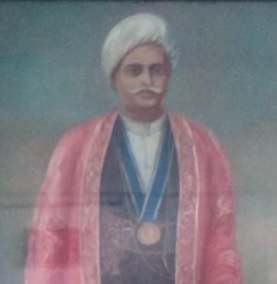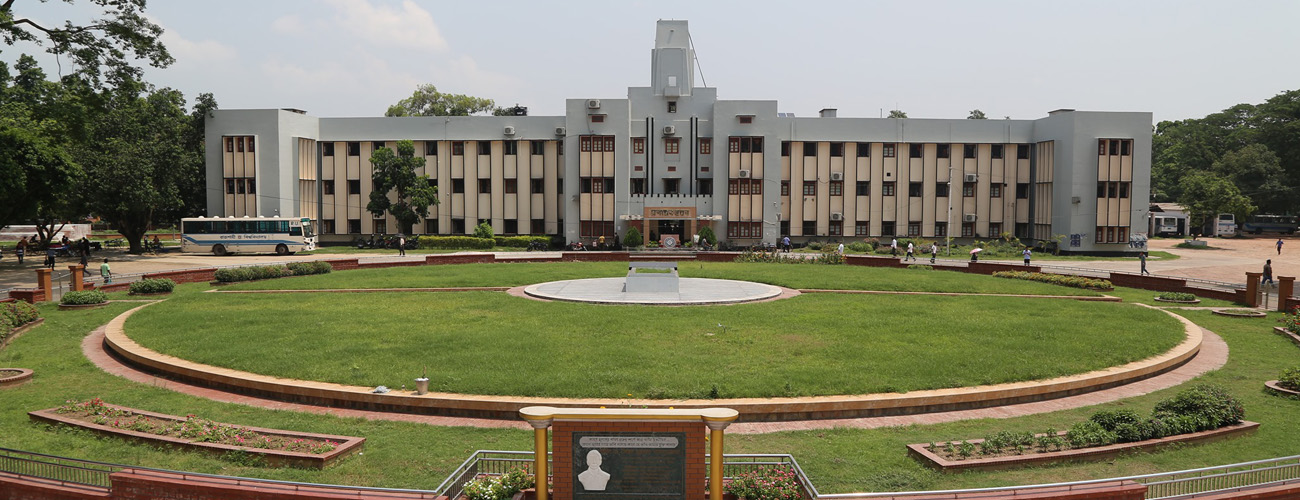Welcome to Nawab Abdul Latif Hall
 Nawab Abdul Latif (1828-1893) was a nineteenth-century educator and social worker in Bengal. He was born in 1828 at the village of Rajapur, Faridpur district. His father Fakir Mahmud was a lawyer in the civil court of Kolkata sadar. Nawab Abdul Latif obtained the highest degree in Arabic, French and English language from Calcutta Madrassah. Abdul Latif started his career as a teacher of Dhaka Collegiate School in 1846. Later on, he joined Calcutta Madrasa as a professor of Arabic and English (1848). He joined government service in 1849 as a deputy magistrate and was promoted to the post of presidency magistrate in 1877. While serving as the deputy magistrate of Satkhira, he witnessed the repression and exploitation of the peasants by the English indigo planters. Nawab Abdul Latif encouraged the farmers there to become united and tell the government about their grievances. He himself took some initiative in this Indigo revolt. Finally, the British government formed the Indigo Comm. in 1860 due to his initiative with the goal of putting an end to the repressions of indigo planters.
Nawab Abdul Latif (1828-1893) was a nineteenth-century educator and social worker in Bengal. He was born in 1828 at the village of Rajapur, Faridpur district. His father Fakir Mahmud was a lawyer in the civil court of Kolkata sadar. Nawab Abdul Latif obtained the highest degree in Arabic, French and English language from Calcutta Madrassah. Abdul Latif started his career as a teacher of Dhaka Collegiate School in 1846. Later on, he joined Calcutta Madrasa as a professor of Arabic and English (1848). He joined government service in 1849 as a deputy magistrate and was promoted to the post of presidency magistrate in 1877. While serving as the deputy magistrate of Satkhira, he witnessed the repression and exploitation of the peasants by the English indigo planters. Nawab Abdul Latif encouraged the farmers there to become united and tell the government about their grievances. He himself took some initiative in this Indigo revolt. Finally, the British government formed the Indigo Comm. in 1860 due to his initiative with the goal of putting an end to the repressions of indigo planters.
Nawab Abdul Latif was nominated a member of the Bengal Management Council when it was constituted in 1862 during the rule of Lord Canning. In 1863, he was appointed a member of the examination board for civil and military services and a fellow of the Calcutta University. Abdul Latif was appointed as ‘justice of the peace’ following the formation of Calcutta corporation in 1865. He remained in that position until 1875. When there was intense anger among the Muslim community following the adoption of a proposal by the Indian Management Council in 1865, he put forward arguments in favour of amending the bill through a memorandum submitted to the British government. Nawab Abdul Latif died on 10 July 1893.

